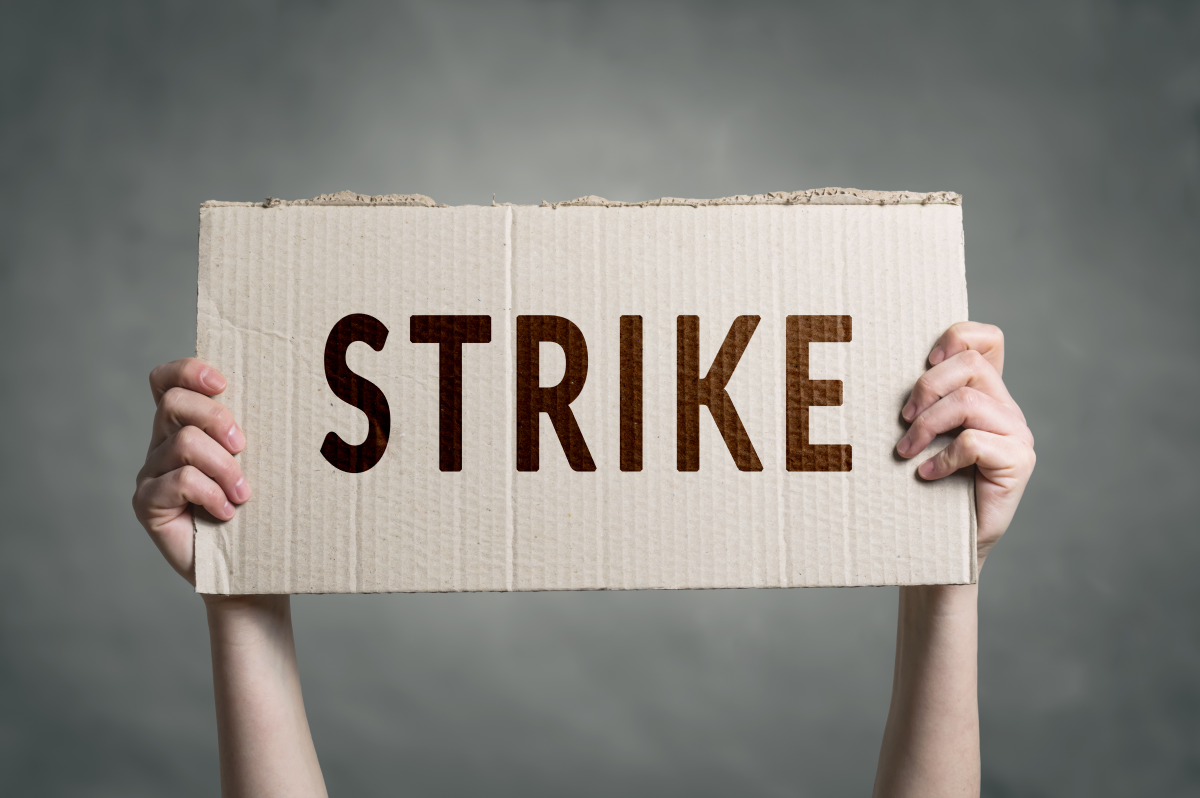You’ve likely heard a lot over the last week about a potential rail strike and the subsequent tentative agreement between the American rail lines and their unions. The latest reports from most of the mainstream media are saying that the potential strike is resolved as a result of President Biden’s intervention.
More details about the deal have been shared across those mainstream media outlets, which can educate you on how this situation evolved in more detail. But more importantly, as of today (the 26th of September), there are two unions left to ratify the agreement. If the rail lines and union do not reach an agreement by the 29th then Congress will be asked to intervene to prevent a strike. The stakes were and are high for the US economy, and with the financial impact of the strike considered, it is not likely at this stage a strike will occur.
But what if the strike did happen? How would the market react? What would shippers need to do?
Rail is a large portion of the US supply chain economy. It’s important to ask if you as a shipper had any contingency planning in place. Do you have a trusted partner that can provide solutions? If a rail strike were to occur, the impact on over-the-road (OTR) capacity would be significant. Many third-party logistics (3PL) companies have the knowledge and flexibility to help. Depending on their network size, they may be able to provide capacity across trucking, air, barges, and more, in order to get the job done. Additionally, an asset-backed logistics company (ABL), is a company that has both physical trucks/trailers and a large logistics network. An ABL partner could potentially provide support that is not as dependent on market fluctuations and sky-high rates.
The point is, to navigate something as detrimental as a full-scale rail strike, shippers need to ensure they have a strong partner that has the capability and is proactive enough to provide support at reasonable rates. As a shipper, do you have a partner that provided updated information with respect to the potential strike? Did your existing partner proactively discuss contingency planning to ensure your supply chain has options? These are important questions to ask to evaluate your partnership. The best possible outcomes will be available to shippers who have prioritized quality partnerships in building their supply chain network. Shippers who have built relationships with their providers (whether ABL or 3PL) are better positioned to ensure they keep their goods or products moving.
When things are tough, you need partners that are an extension of your transportation team!
See you for our next shipper report~
Bill Robinson

